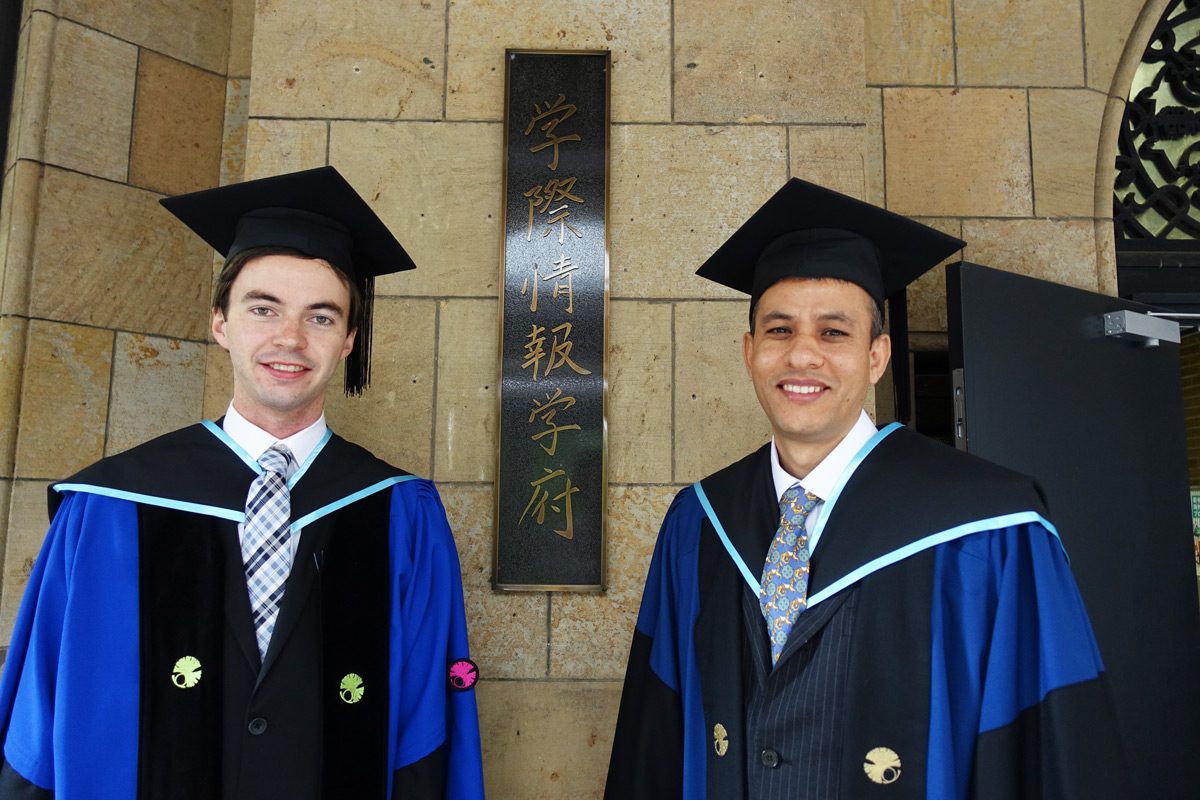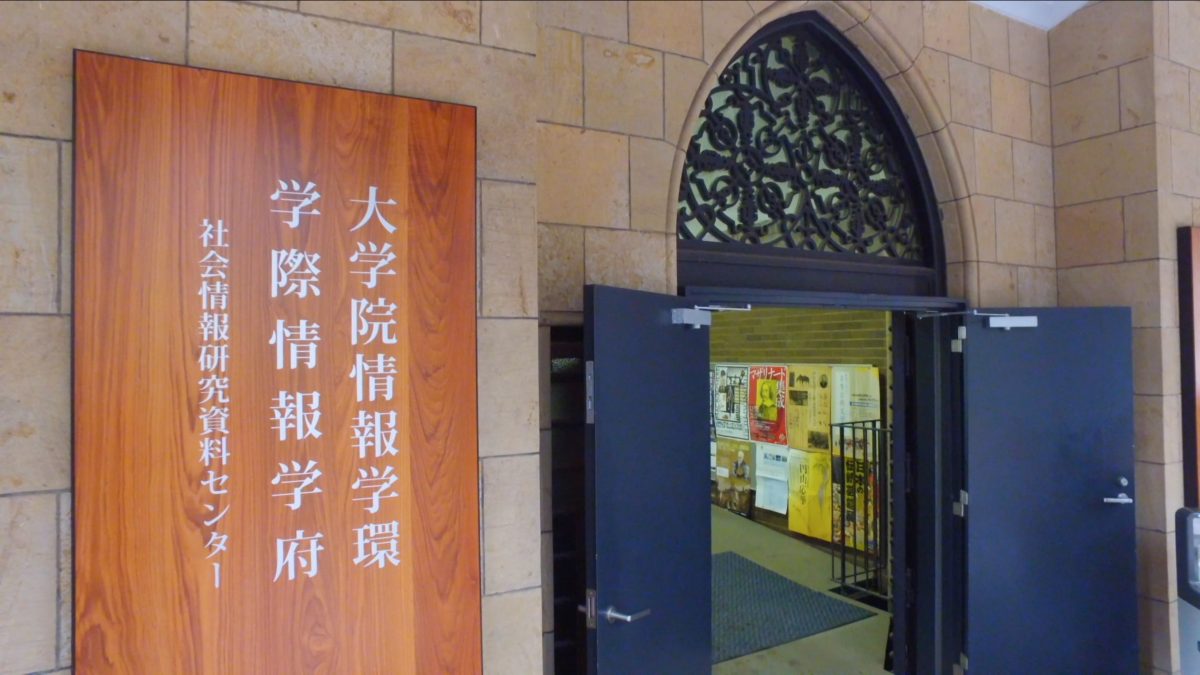International Master’s/Doctoral Degree Program: Information, Technology, and Society in Asia (ITASIA)
—An Innovative Approach to Understanding Asia in the Information Age—

In 2008, the University of Tokyo launched a new International Master’s/Doctoral Degree Program: Information, Technology, and Society in Asia (ITASIA) at the Graduate School of Interdisciplinary Information Studies (GSII). This program offers intensive graduate-level education designed to foster analytical strength and insight into Asian societies at a time when information and communication technology is having an increasingly profound impact on the region.
The program is tailored to both international and Japanese students who are motivated to pursue active professional careers on the regional and global stages. All instruction is in English, so proficiency in Japanese is not a prerequisite. Classes are small, with around 8 Ph.D. and 12 M.A.S. students admitted each year. Unlike the conventional Japanese academic calendar, the ITASIA Program commences in the fall.
Admissions decisions are based on a written application requiring TOEFL and GRE scores. Applications are due in early December for admission in October of the following year.

The Graduate School of Interdisciplinary Information Studies (GSII), which houses the ITASIA Program, offers graduate-level education on information, the most important concept needed to understand modern society, and promotes interdisciplinary research and education in a wide variety of fields covering the social sciences, humanities and natural sciences. Graduate courses and research supervision are conducted mainly by faculty members belonging to the Interfaculty Initiative in Information Studies (III), which was created together with the GSII in April 2000.
The Interfaculty Initiative in Information Studies (III) was founded in April 2000, together with the Graduate School of Interdisciplinary Information Studies (GSII), as a unique interdisciplinary organization meant to carry out research on information studies that transcends conventional boundaries of humanities, social sciences, natural sciences, and engineering. The Initiative gathers faculty from across various disciplines and areas of specialization across the university. In addition, the ITASIA Program is supported closely by the faculty of Asian studies from the Institute for Advanced Studies on Asia (IASA).

The University of Tokyo (UTokyo) was established in 1877 as the first national university in Japan. As the leading university in Japan, UTokyo offers courses in essentially all academic disciplines at both the undergraduate and graduate levels, and conducts cutting-edge research for a changing world. UTokyo is ranked among the top 50 universities in the world according to numerous indexes of higher education. The University aims to provide its students with a rich and varied academic environment that ensures opportunities for both intellectual development and the acquisition of professional knowledge and skills. As of May 1, 2017, UTokyo had a total staff of around 10,500 and an enrollment of about 28,000 students, evenly divided between undergraduates and graduates. In 2016, about 4,000 international students and 4,500 foreign researchers visited the university for both short and extended visits. UTokyo is known for the excellence of its faculty and students, and ever since its foundation many of its graduates have gone on to become leaders in government, business, and academia.